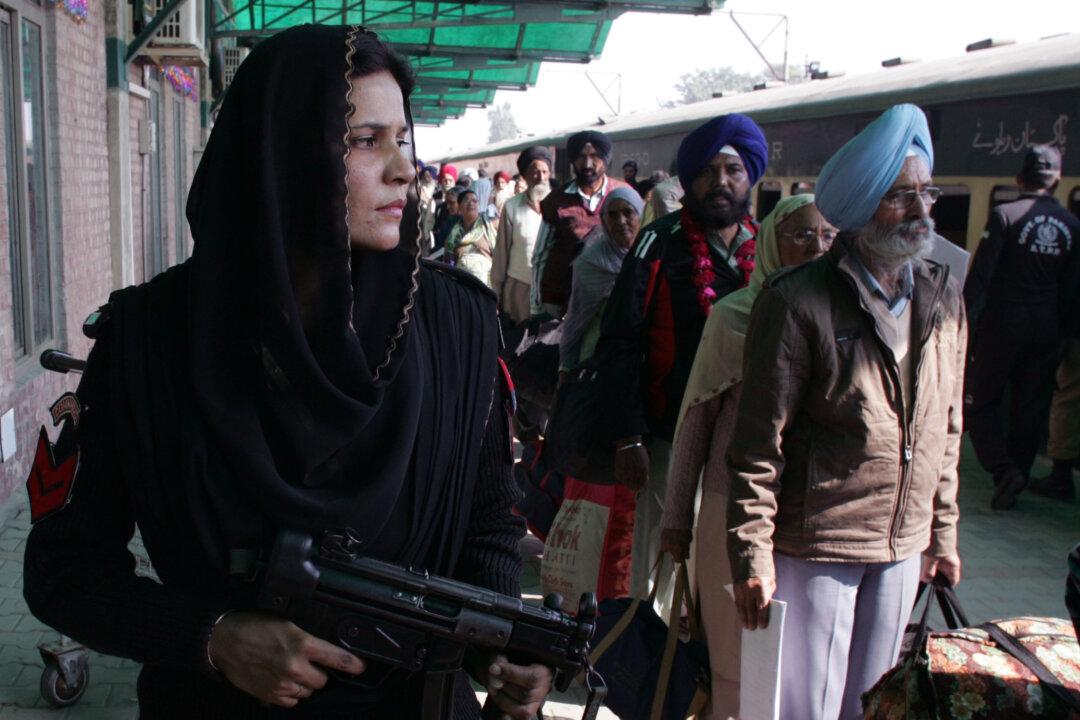KABUL, Afghanistan—Pakistan will present a list of Taliban willing to negotiate with Kabul at a four-nation meeting this week aimed at reviving the Afghan peace process, an Afghan official said Sunday.
Afghanistan, Pakistan, China and the United States are scheduled to meet in Islamabad on Monday to discuss a road map for peace talks. The meeting will not include the Taliban.
Javid Faisal, deputy spokesman for Chief Executive Abdullah Abdullah, said Pakistan’s list will include Taliban who do and do not want talks with Kabul on ending the 15-year war.
Faisal said Pakistan has agreed to cut off financial support to Taliban fighters based in Pakistani cities, including Quetta and Peshawar. Insurgents based in Pakistan would not be allowed to resettle in Afghanistan, he added.
The agreement would also include “bilateral cooperation on eliminating terrorism,” Faisal said.
“Those who are interested in peace can join the dialogue, but those who wish to continue the fight will be targeted through joint counter-terrorism platforms,” Faisal said, referring to bilateral agreements.
Faisal said the terms had been agreed to during a visit to Kabul last month by Pakistan’s powerful army chief of staff Gen. Raheel Sharif, though discussions had begun earlier.
Pakistani officials could not be immediately reached for comment.





